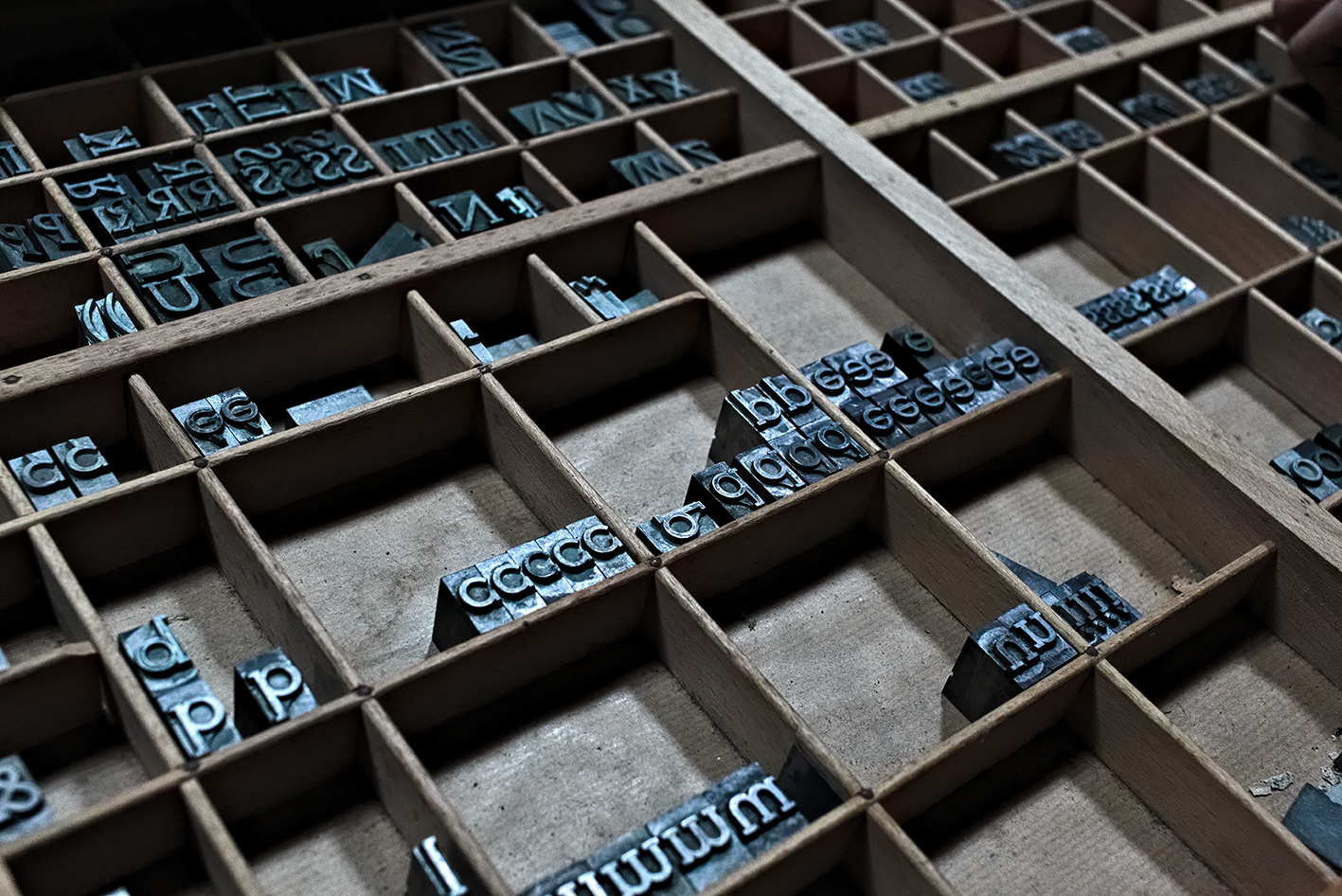
The challenge of spelling in English and how a knowledge of language history can help make sense of it
It refreshing to be reminded, in a very enjoyable article by sociolinguist, academic and best-selling author Ingrid Piller, for Language on the Move, that the concept of “correct spelling” in English is much younger than the language. When the monks transcribed biblical texts in medieval times, they did not regard orthography as an issue or a priority. Creative spelling added a touch of originality to the manuscript, says Piller. It was the advent of the printing press in the 16th century that ultimately “fossilized” spelling. But the spoken language continued to change, also on account of many foreign influences. As a result, says Piller, written and spoken English today are “quite different beasts” and untold numbers of English language learners, like herself, “have sweated to learn how to spell in English”. Ultimately, the real problem of English spelling is that there are fewer letters than sounds: only 26 letters in the alphabet, but up to 44 different speech sounds.
Foreign influences
In the years since her university studies, Piller says that, maybe in a case of “Stockholm syndrome”, she has come to adore English orthography, which she sees as “an intricate system that contains within it the sediments of the innumerous contacts between different languages and cultures”: Germanic, further to the invasion of the Anglo-Saxons (ca. 400-700 CE) and Latin, from 597, the date of Augustine’s mission to Kent. The problem is that the Latin alphabet was designed for the sound system of Latin and the runic alphabet had been designed for the phonology of Germanic languages. Then came French, with the Norman Conquest of 1066.
Standardisation of spelling
Old English died in 1066, says Piller. French, the language of the upper classes, was the language of almost all writing in England during this time. When “English” started to be used again in writing it was a fundamentally changed mixed language. The printing press, which was introduced to Britain in 1476, altered the relationship between speech and writing forever. It “fossilized” spelling. Not only was a standard more convenient for printers but, also, a uniform linguistic product had the potential to reach a larger market.
When speech and writing drift apart
What happens when spoken language continues to change but writing does not, asks Piller? They drift apart … “and you end up with a spelling system that is more in tune with the pronunciation of 500 years ago than contemporary pronunciation”. This is particularly true, she adds, of English vowels whose pronunciation changed considerably with the “Great Vowel Shift”, a series of changes in the pronunciation of the English language that took place between 1400 and 1700.
Conclusions
Logograms can only be acquired through patient practice, as any Chinese teacher will tell you, says Piller. In the case of English, a knowledge of language history can also help make sense of the logographic element. “The reward of learning how to spell is the kind of reading automaticity and speed that characterises the proficient reader and that is the ultimate point of literacy”, she concludes.
Sources
“Is English spelling an insult to human intelligence?”, Ingrid Piller, Language on the Move, August 10, 2020
About the author
Ingrid Piller is an applied sociolinguist with research expertise in intercultural communication, language learning, multilingualism, and bilingual education. She currently holds the position of Distinguished Professor of Applied Linguistics at Macquarie University, Sydney. Piller has published, lectured and consulted widely in these areas. She is the author of Linguistic Diversity and Social Justice (Oxford University Press, 2016), which won the 2017 Prose Award in the Language and Linguistics category and the 2017 BAAL Book Prize. She is also the author of the bestselling Intercultural Communication (Edinburgh University Press, 2nd ed., 2017) and over 400 other publications.